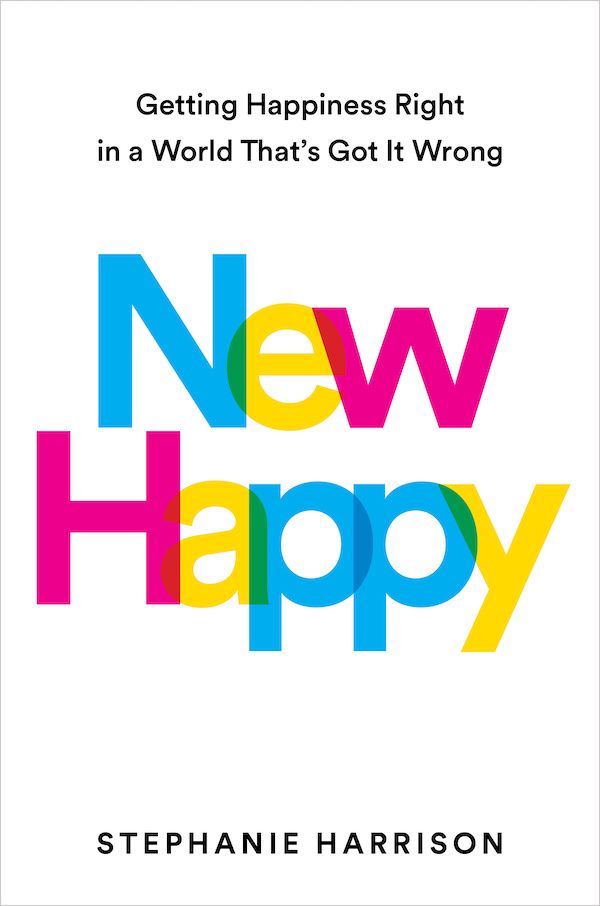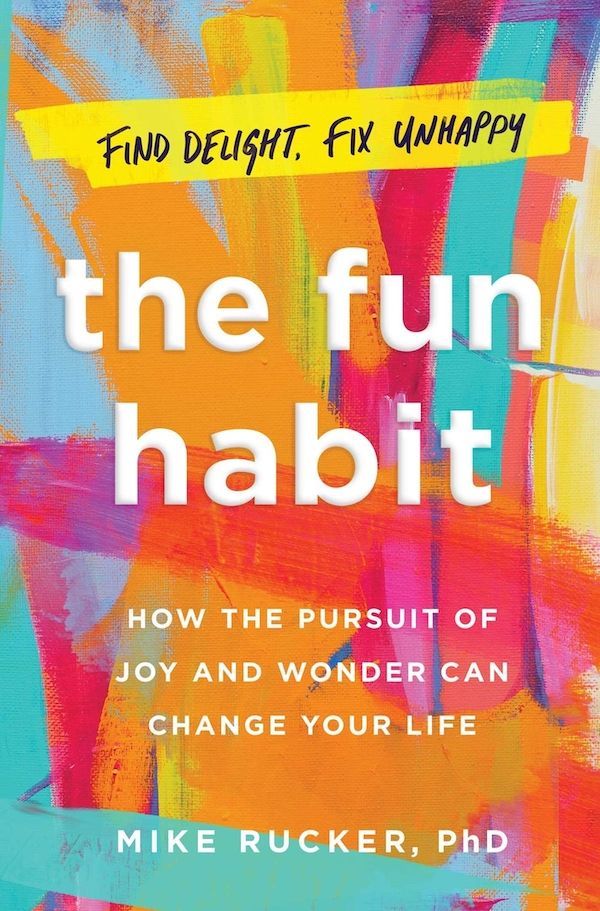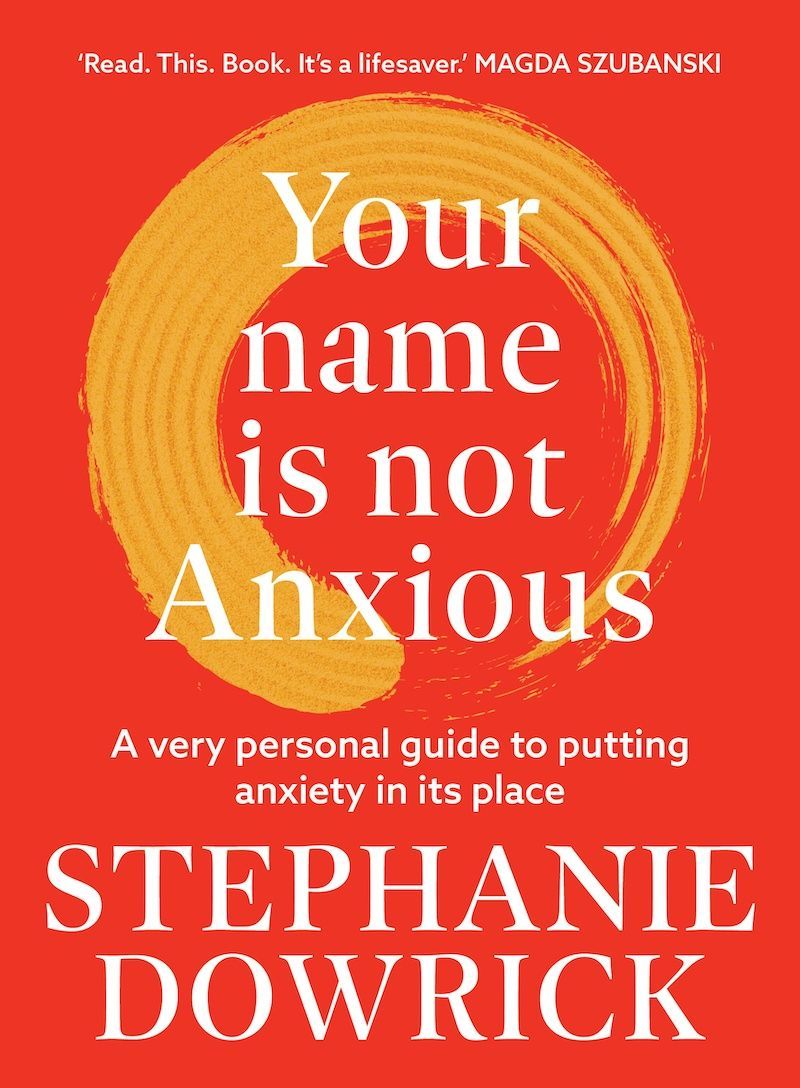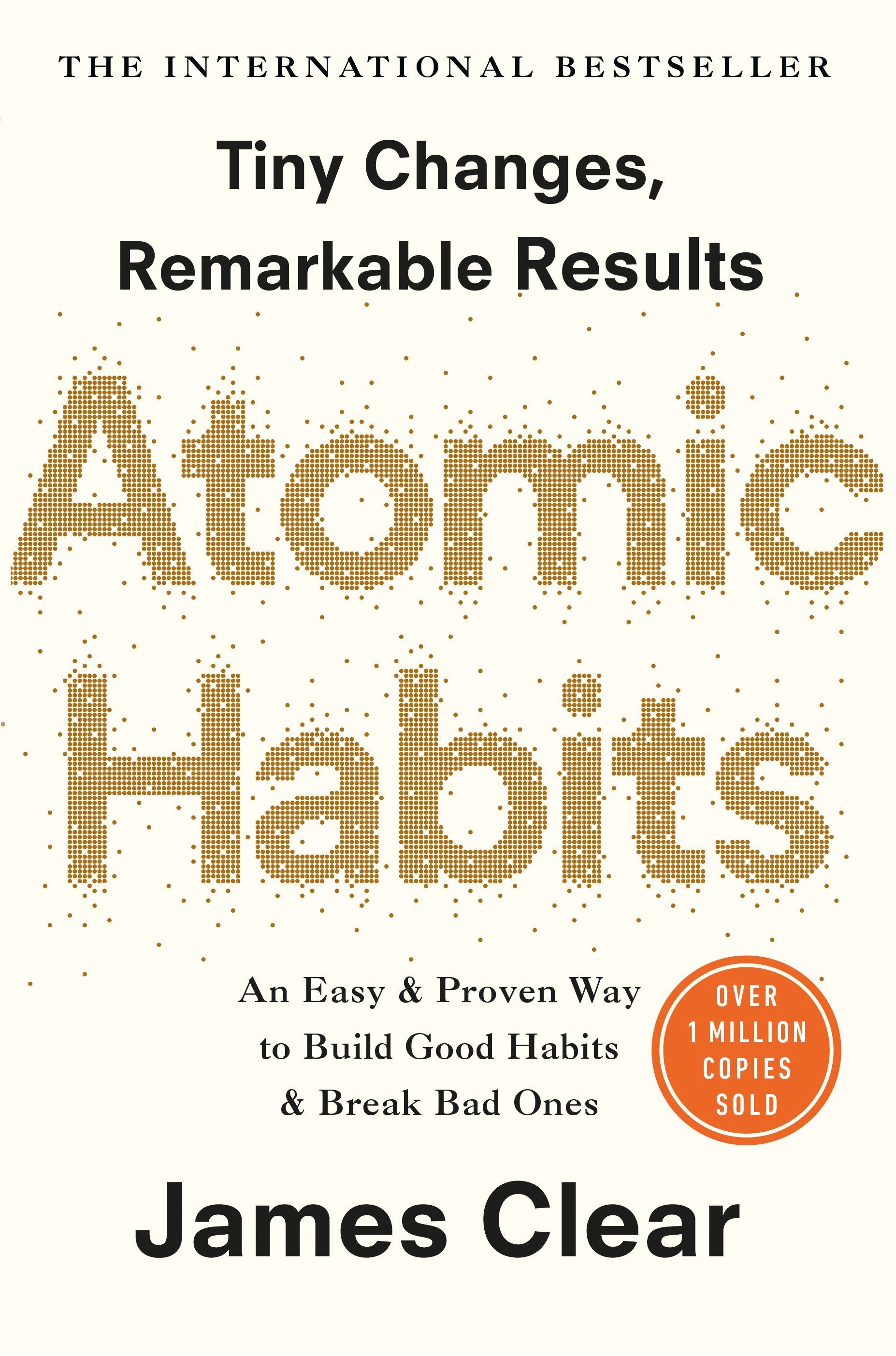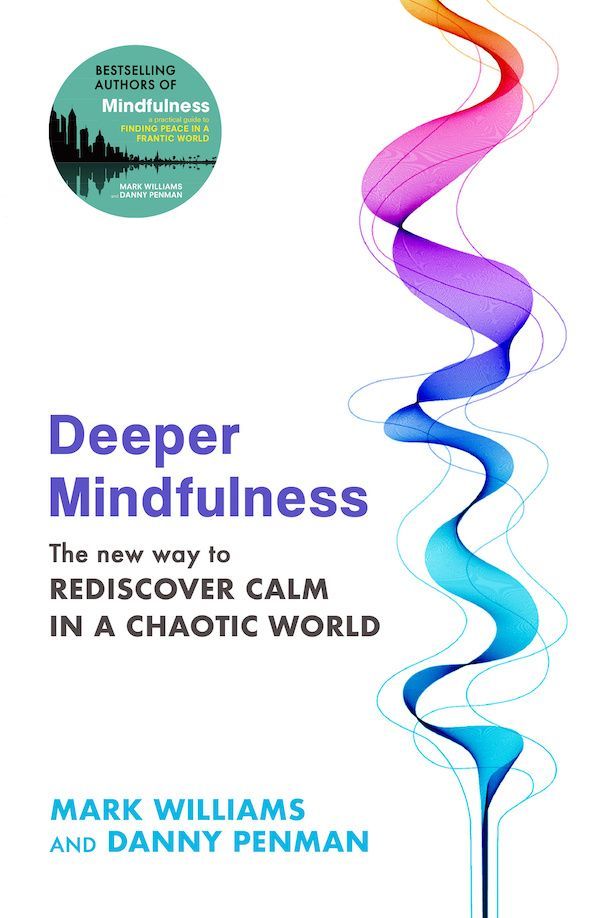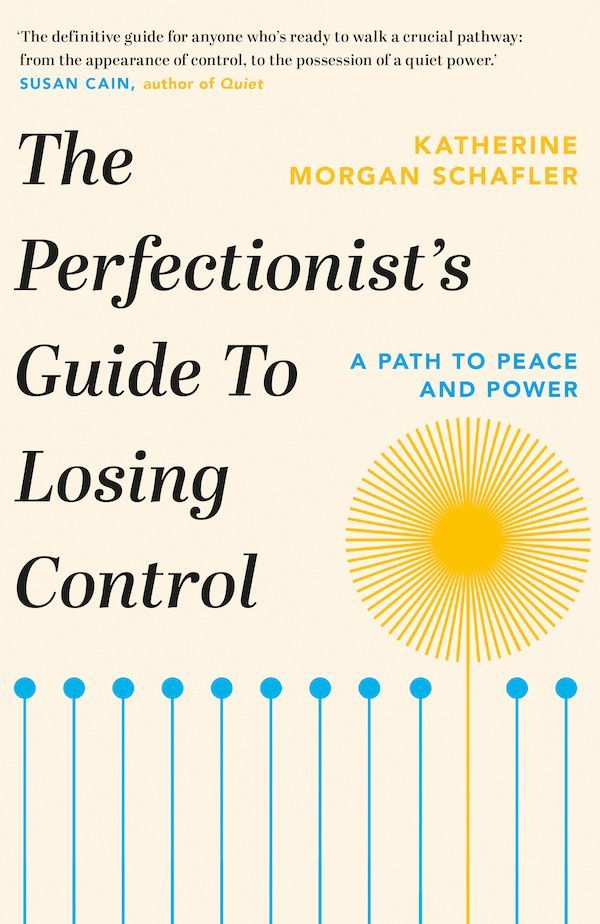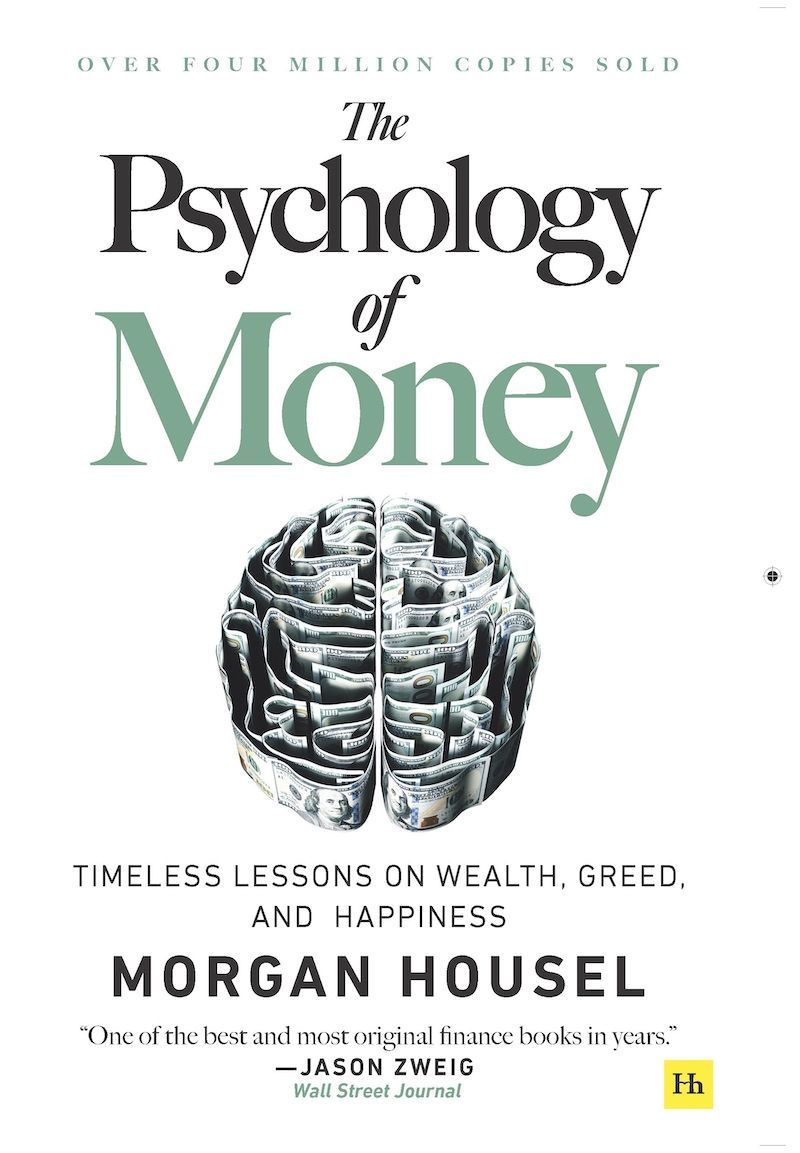New Happy
By Stephanie Harrison
Published by Orion Books (Hachette Australia)
ISBN 9781398722125
New Happy by Stephanie Harrison is an intriguing title. I was eager to find out more.
Harrison starts her book by revealing a very low time in her life when everything, including her partner's undiagnosable illness, was becoming too hard to bear. Then, an epiphany occurred. She realised she could get out of this depression by changing the way she looked at 'how to get happy'.
After studying many, many hundreds of reports and studies, she has created a guide to assist you in your journey to discover and embrace the state of mind called 'New Happy'.
Harrison explains, in great detail, how the 'Old Happy' philosophy has kept many millions of people from becoming happy. She breaks this down into three parts, or as she calls them, lies: you're not good enough; you need to attain wealth, fame and power; and you need to do this all by yourself.
In the book, she expands on these three lies, she dissects each lie and demonstrates how each one can, and does, produce a large amount of unhappiness and, in fact, produces depression for the vast number of people.
With 'New Happy' she explains that we need to turn our backs on 'Old Happy' and the resulting failures and concentrate on finding our gifts. We need to take these talents and freely distribute them into our communities.
As we give freely, we will experience such an amazing feeling of goodwill, which will make us happy. So, it becomes a win-win, where the individual receives the gift of your talent and, in return, you get an overwhelming feeling of helping someone or a number of people.
Harrison explains that this act of giving is inspirational for the people who are receiving and they realise that they can give freely of THEIR gifts and talents. This creates a 'snowball effect' which builds on the good works of one and spreads it far and wide.
'New Happy' is full of anecdotes, reports and studies to support her findings. She delves into the lives of many who are following the practices of 'New Happy' and illustrates the good that just keeps on giving.
This book is peppered with full pages of colourful geometric designs which, it appears, are supposed to illustrate one of the concepts about which she is writing in an adjacent page.This did not work for me, I found it distracting.
Harrison has a website where you can find a lot more information which supports the guides she has included in the book. You can follow the guidelines and key bullet point instructions to start your own journey to discover how you, too, can become a recipient of new happy.
For those of you who have been asking "Who am I really?" "When will I be happy?" "What am I supposed to do with my life?", this book might just be the book for which you have been waiting.
Although this is a well written book, it is written for an American centric readership, which I found a little off-putting because my reading flow was stymied by the use of incorrect grammar and syntax. Also, the inclusion of some words that are only used in North America, made me stop in my tracks and ask myself, "what does THAT mean?".
I feel that the book should have revised the edition for use in non-American, English speaking countries, so we could enjoy reading the book as well as enjoying the content.
As a proofreader, I noticed that there was a typo, where Harrison has made mention of a writer, but the writer's name was not capitalised. The writer's name had an ambiguous meaning and I had to read this phrase several times before I eventually realised it was a mistake and she was writing about a person. Maybe you can spot this when you are reading this book
However, Harrison does make a statement which I know to be incorrect. She suggests that Nelson Mandela was responsible for ending apartheid. F.W. de Klerk, the President of South Africa at that time, ended apartheid and pardoned Mandela and many other imprisoned anti-apartheid activists. Mandela could not have ended apartheid from a prison cell on Robin Island.
Also, it was de Klerk who publicly apologised for apartheid and started the reconciliation process. Mandela became President in new and fair elections in 1994 working with de Klerk, but his people, who were still living in shanty towns ten years later, when I was there on a holiday. I believe many are still living in this manner today. Mandela embracing 'New Happy' is a myth, perpetuated by such statements as mentioned in this book.
The author
Stephanie Harrison is the founder of The New Happy. She is an expert in happiness and the creator of the New Happy philosophy, a groundbreaking new approach to individual and collective happiness.
Stephanie has written and published over 300 original articles on happiness and is a regular contributor for Harvard Business Review and CNBC. Her expertise has been widely cited in many other publications including Forbes, Tatler, Well+Good, Verywell and The Huffington Post.
Book review by Ken C.
This is an independent review, I am not paid by the book publishers, so.If you Liked this review - please Buy me a coffee

